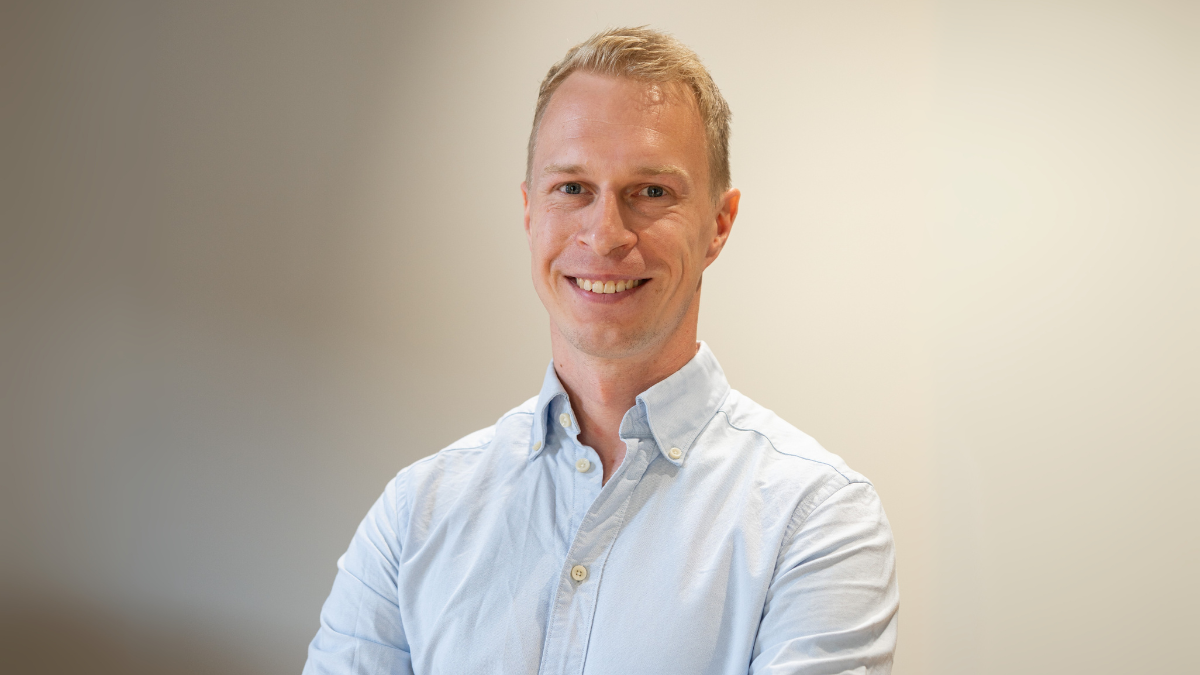Read next


Language models and scientific knowledge create new efficient opportunities to manage the impact of investments and comply with changing regulation – and Finland is at the forefront of this development.
ESG and DEI have already become established terminology in VC, and rightly so. However, they come with a significant blind spot:
Both are largely about internal processes of teams – those of the investor or their portfolio companies. What is the gender distribution of the board? What sustainability frameworks have we committed to? How is the personnel doing? These are all absolutely crucial questions, but simultaneously only a fraction of a capital investor’s impact on society and the environment.
Core business eats processes for breakfast
A PE/VC investor’s biggest impact does not occur within a company’s walls, but outside of them. The key question is: What products and services do your portfolio companies sell, and what costs and benefits do these bring to people and the environment? This question has been increasingly asked by both LPs and regulators in recent years, first through SFDR and most recently through CSRD.
Measuring such core business impacts has traditionally been considered nearly impossible. How could one possibly collect sustainability information from unlisted portfolio companies subject to modest reporting requirements?
Investors committed to sustainability work have often relied on sending sustainability surveys to portfolio companies or dispatching consultants on survey rounds. While these surveys are an excellent way to collect information about operational metrics and track their development, they poorly address the question of impact.
However, times are changing, partly thanks – surprise, surprise – to artificial intelligence.
LLM breakthrough in impact measurement
The Finnish technology company The Upright Project has approached measuring the impact of investments from a different angle since 2017. Instead of surveys, we trust computers and scientific research.
Upright has been producing science-based impact quantifications for unlisted investments for years. Users include both world’s largest GPs and LPs such as EQT and APG, as well as numerous Nordic PE and VC investors like Summa Equity, Altor, Capman, and Tesi. To our knowledge, we are the only operator globally able to produce comparable information about practically any PE or VC fund’s impact – even when hardly any sustainability data is available for reporting.
In December, we published impact data for PE/VC investment funds in our public database for the first time to accelerate discussion about impact in the private equity sector. Our database covers over 1,000+ PE/VC funds and their over 20,000+ portfolio companies globally, and has generated international interest among both investors and media.
So how do we produce this data?
The data is produced by Upright’s proprietary mathematical model that leverages large language models (LLMs). Our model analyzes over 300 million scientific articles and public databases from organizations like WHO and OECD, and quantifies the impact of virtually all products and services traded in global markets on the environment, society, health, and knowledge.
From product and service impacts, we further derive impact information for companies and funds – you can read more about Upright’s methodology here.
The pace of sustainability accelerates
The PE sector globally manages 13 trillion dollars in wealth, which is over 10 percent of listed equity markets (source: McKinsey) – no insignificant sum.
As PE/VC investors can also influence portfolio companies’ strategies long-term, the combination creates a unique opportunity for impact that brings both possibilities and responsibility.
Utilizing the latest technology and scientific knowledge in sustainability work is already a value-producing solution, whether identifying value creation opportunities for portfolio companies or verifying one’s own impact during fundraising and establishing new funds.
***
Valtteri Vulkko
COO
The Upright Project
